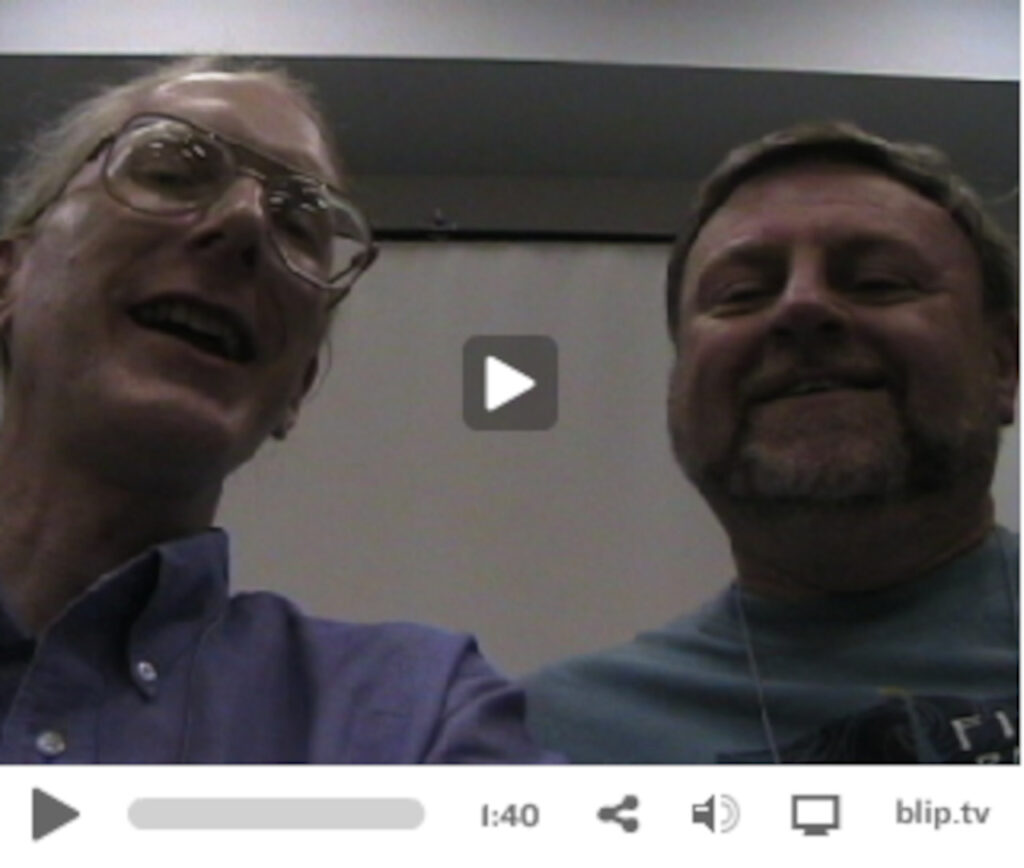Doug Muder, who is a member of the Unitarian Universalist Lay Theological Education Task Force (UULTE) wants to ask you a question about how to spend a big chunk of money. Doug writes:
I’m a member of the Unitarian Universalist Lay Theological Education Task Force (UULTE). We’re supposed to figure out what to do with half the money that was collected for Association Sunday — the half earmarked for “lay theological education.” I’m asking for your blog’s help in starting a discussion about what needs “lay theological education” ought to satisfy. The UULTE task force is soliciting proposals from various organizations, and I’m sure we’ll get plans for a lot of good stuff. (Curricula, new resources, online infrastructure, and so on.) But will we get the stuff that Unitarian Universalists need? If we get it, will we recognize it?
What I’m hoping to see is a lot of testimony by and discussion about individual Unitarian Universalists who find themselves at a plateau. They’re happy with Unitarian Universalism as far as it goes and as far as they understand it, but they feel a call to go deeper and they don’t know how to answer it. Maybe they’ve been trying to answer by doing more: joining committees, starting projects, and so on. But outer work at some point needs to be balanced with some inner work. And how do you do Unitarian Universalist inner work? Or how do you make the leap from being a Unitarian Universalist fellow traveler to feeling like you are really part of the UU tradition?
There are bunch of ideas to disentangle here. Some people talk about “education.” Some talk about “faith development” or “spiritual maturity” or “finding a Unitarian Universalist identity.” I encourage you not to get hung up on words and labels. Think about that person at a plateau: What does s/he need that the community could offer?
In the discussions the task force has had among ourselves, we talk a lot about the gap between the kinds of adult education you’d find at a typical Unitarian Universalist church, and the far more arduous program of a divinity school. What could we offer the person who wants to go deeper, but can’t take years out of his/her life and spend tens of thousands of dollars? That’s the “lay” part of “lay theological education.” You shouldn’t have to become a minister to find yourself as a Unitarian Universalist.
Anyway, you’d be doing me a favor — and helping the Unitarian Universalist Association get insight — if you’d raise these issues on your blog.
Thank you, Doug, for raising these issues, and asking for our responses. A fair number of my readers are not Unitarian Universalists, but I think they should feel free to comment, too.


